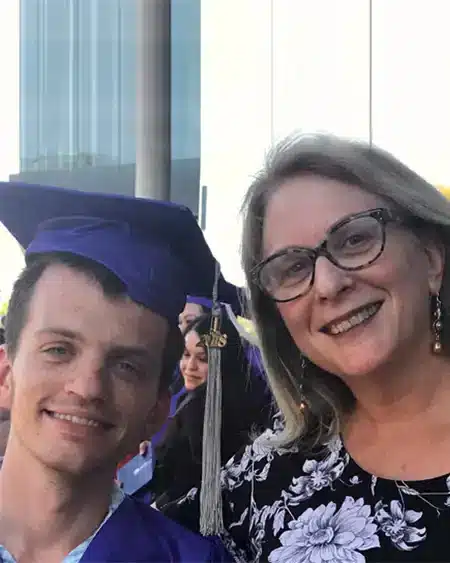Parenting Adults with Special Needs. The Journey Continues.
Parents can benefit from support throughout all the stages of a neurodiverse child’s stages of growth. Many services are available in the early years and some states continue to provide educational help through the ages of 18 or 21 depending on the state. Some financial assistance continues to the age of 26.
After 26 in most cases, the parents are left on their own to figure out the complex systems that are available. There are attempts to put your child through transitional programs that only work for a few. If your child comes out of this program feeling as though he has let you down or failed, there is a let down for everyone. The hope is always for full independence. However, what about the special needs adult that doesn’t fit the model for independent living? What are your next steps toward making a plan for them? The question that keeps most parents up at night is “what will happen to my child when I am gone”?

I feel your pain.
As my son, Mark, grew up in NYC in the 1990s, some services were available, but there was a lack of specialization in the schools and health care for autistic children at that time. He qualified for special education services and inclusion classes, but all involved in his care were hesitant to give him an autism diagnosis. He was 19 when a specialist from Yale New Haven’s child study center tested him again and said, “How is it that no one gave him a diagnosis in autism?”
This story is all too common. I even come across families now in my work, 25 years later, who have children in grades K-3 who are not being identified accurately but are seen as “problem cases” for the teachers and the schools. Even mental health professionals often lack the proper training to diagnose autism.
Once I had an accurate evaluation, the services were more readily available depending on where we lived. In NY and CT he received excellent supports. It took a 10 year wait for Social Security Disability to start paying a monthly amount. That only lasted a short time because in AZ, after 9 months of working part time, his SSDI was taken away. Again, his expenses fell on me.
Finally I decided to find a house with a separate space for him in the house. That was after trying many other alternatives that didn’t work including having him in his own apartment after a 3 year transitional residential program. He is happiest living this way but I still need to plan for the next steps when this won’t work anymore.
and so do their neurodiverse children.
I provide coaching to parents of these growing neurodiverse children and adults. I especially focus on the parents who struggle with issues related to their children who have exceeded the age of receiving services which is typically between 21 and 26.
In our coaching sessions we will focus on the uniqueness of your situation and your particular family challenges and struggles. No two situations or children are alike. Telling your story is a powerful experience to someone who not only will listen as a skilled professional but also someone who has experienced the same and has explored many options throughout the US.
The purpose of a package of 6 or 12 sessions is to identify the issues and find the solutions and to map out a plan for the future. Having support through this journey is key.

